The Many Ways To Say ‘Woman’ in Japanese
The Power In Your Words
In the Japanese language, there are several different words to refer to a woman, but depending on the word you choose, the meaning can be worlds different.
On an evening out with the ladies at a Tokyo bar, an acquaintance jokingly recalled an anecdote in which supermarket staff addressed her as okusan. The word, she said as she impatiently gulped her beer, is incorrect — she’s single (and loves it), is focused on her career and never intends on building a family. But apparently, the simple act of buying carrots automatically placed her in the category of a married woman. While we brushed off the conversation, quick to focus on more important things (wine), the topic kept coming around — making us ponder the etymology behind the many words for “woman” in Japan.
Onna (女)
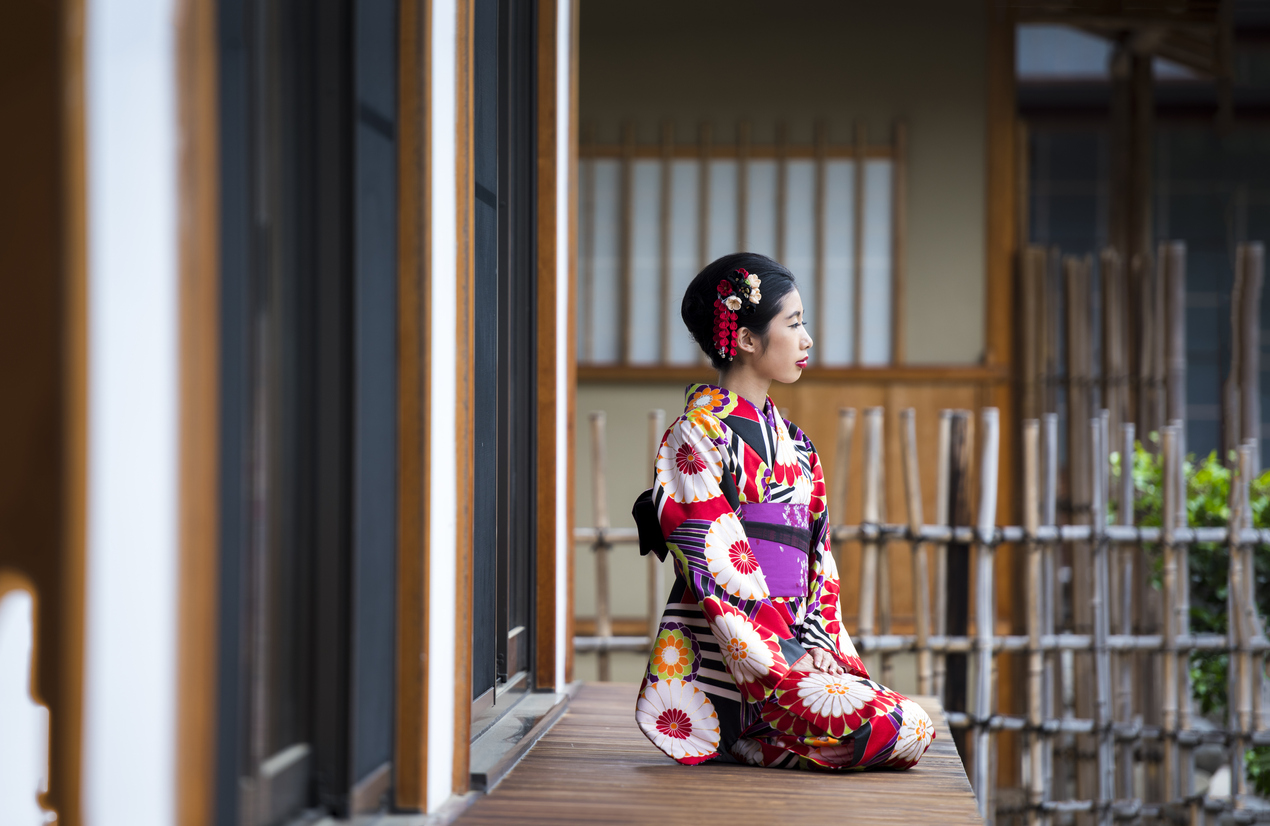
Formed by three simple lines, the kanji for “woman,” according to Japanese dictionaries, is said to have evolved from the traditional female posture of kneeling with hands folded, the ultimate feminine pose still practiced today mostly at ryokan (Japanese inns).
The word onna is one of the most general and simplified terms used to refer to women and is commonly used in official documents and forms when specifying one’s gender. Used in verbal conversation; however, the word can have an insulting connotation, commonly used to look down on someone or imply either stupidity, sexuality, or bad temper, as in baka onna (stupid woman), hidoi onna (cruel woman), or ii onna (chick), commonly used with a sexual connotation. Interestingly, when praising a woman, it is more common to use hito (person) or josei (female), as in kirei na hito or kirei na josei (beautiful woman).
Fujin (婦人)
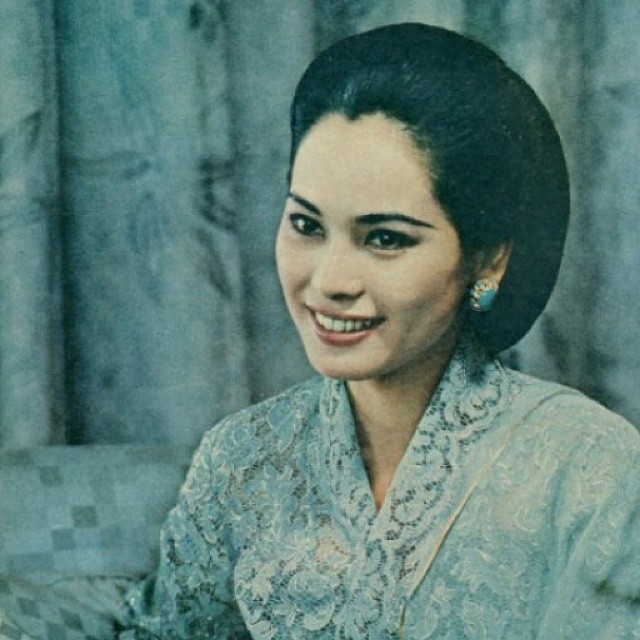 © Photo by ryndltf
© Photo by ryndltf
If you’ve lived in Japan for a while you’ve probably heard people (aka the media) addressing certain celebrities and classy women as fujin. Dewi Fujin (Sukarno), the loved and hated prima donna of Japanese high society and a regular TV personality, is a prime example. She wears the title because she was married to Indonesia’s first president Sukarno and is able to afford a lifestyle most working women can’t.
Fujin is a term used for women of high status, who are usually married to politicians or important, well-known public figures. It can be translated as ”madam” or ”lady” in English and is a term associated with high esteem and financial affluence. It is also used at department stores for female fashion or goods. Its origin, however, is said to have derived from the combination of the kanji for “woman” and “broom.”
Josei (女性)
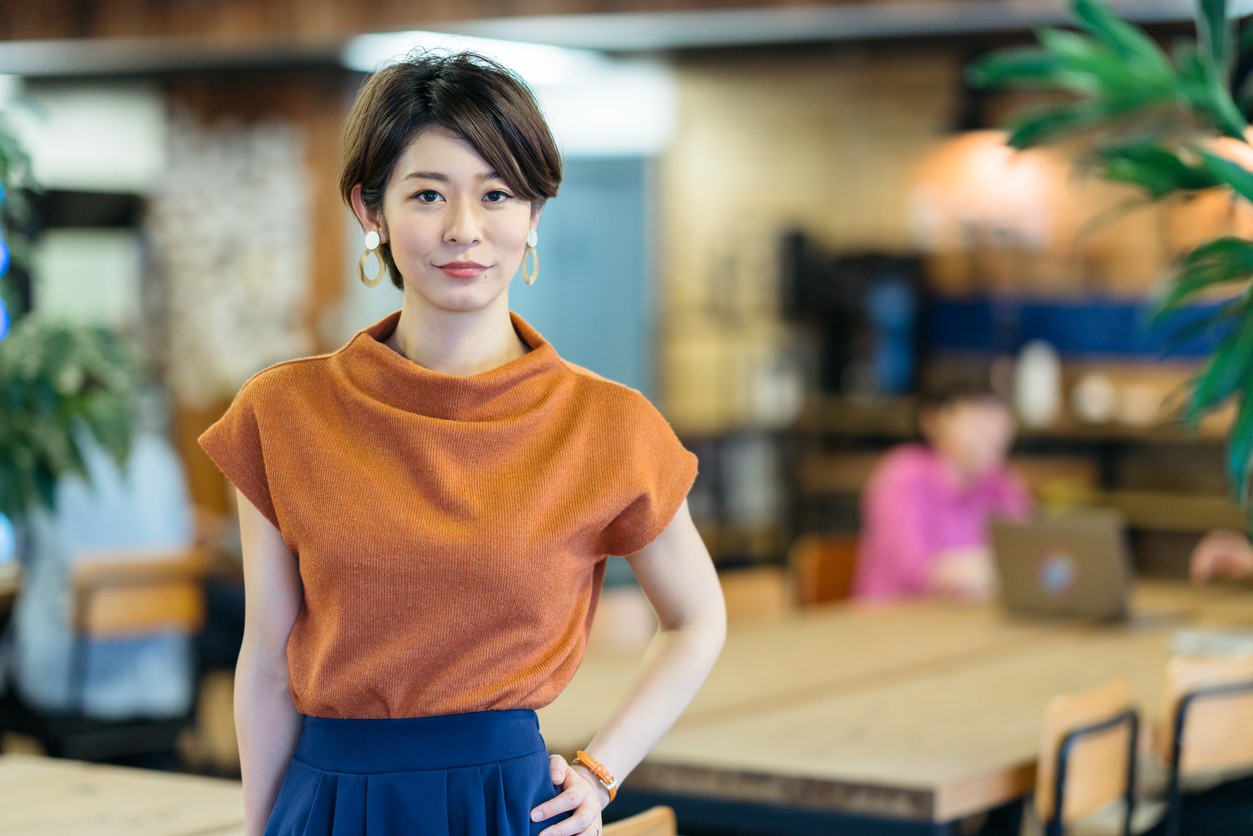
Comprised of two kanji characters, “woman” and “sex,” this is the most general term used to refer to women and is the equivalent to “female” in English. It’s also the safest and most politically correct of them all. It became the official term used in political documents, replacing fujin in the early 1990s after women’s organizations pointed out — quite correctly — that the latter implies all women are mature and married.
Ojosan/Ojosama (お嬢さん/お嬢様)
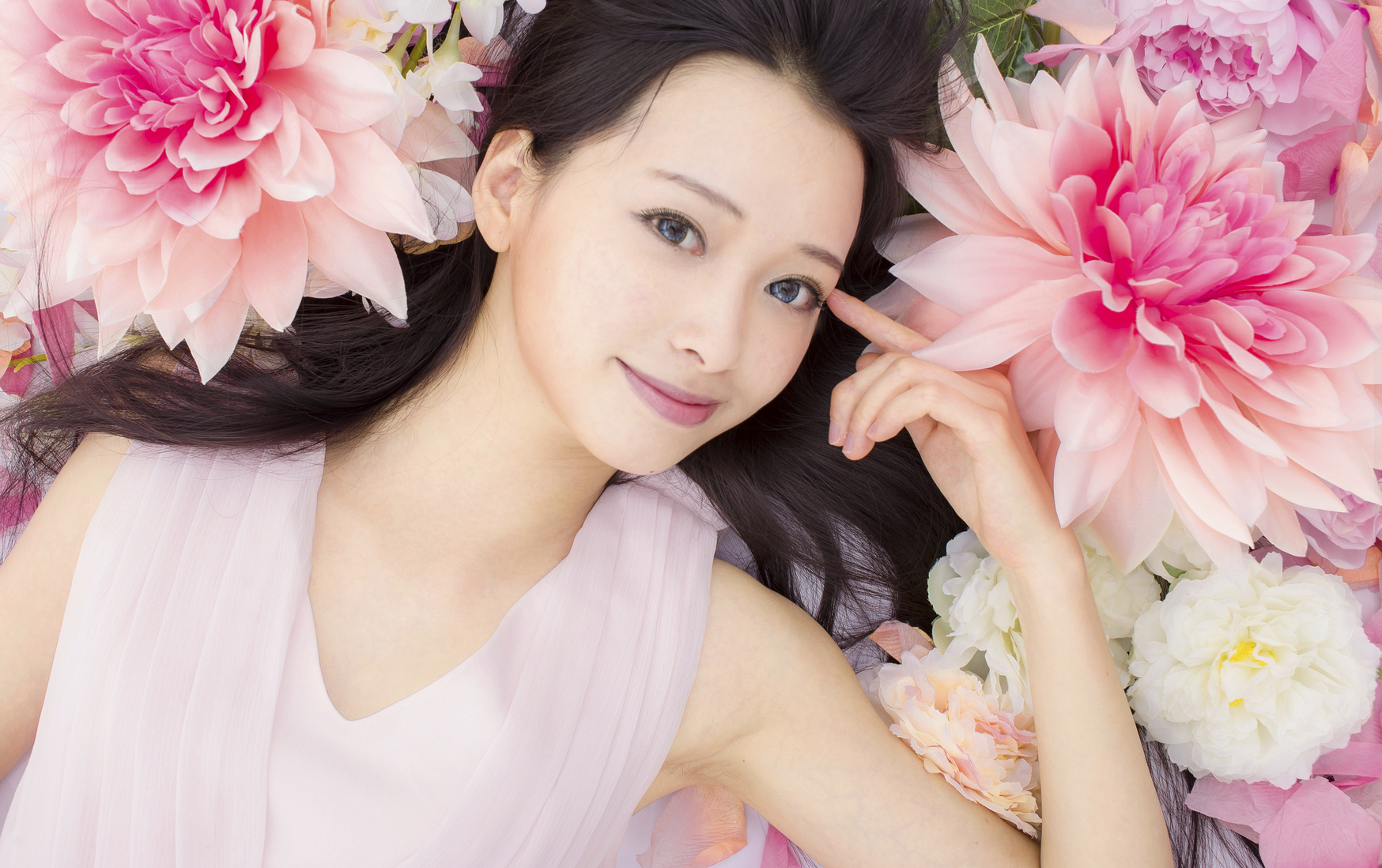
The direct translation of this term is “(someone else’s) daughter,” though if used on adults it may imply that someone is spoiled, immature and dependant on others. It’s usually used to describe relatively affluent young women who live a carefree life and have little to worry about. In other words, if the Kardashian sisters were born here, we’re pretty sure they would have been called “The K-ojosamas.”
Okusan (奥さん)
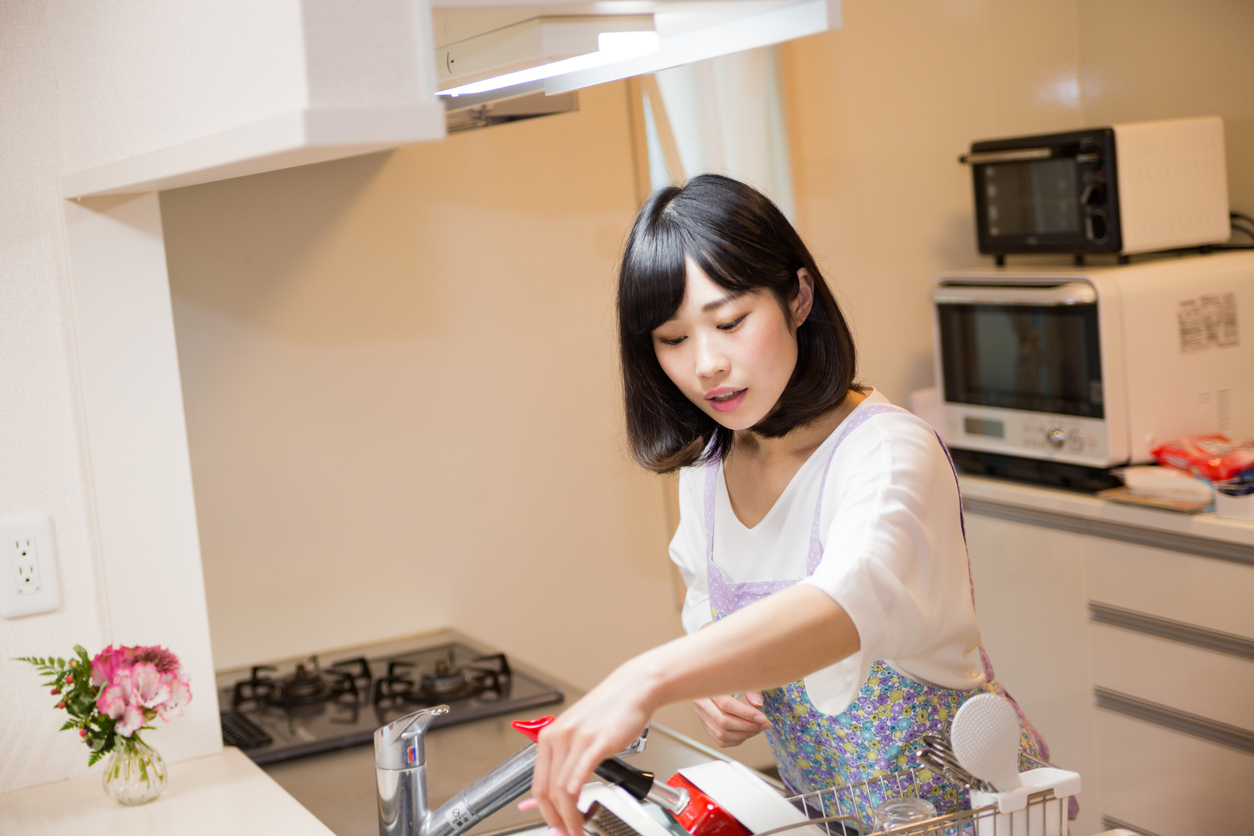
Literally meaning “Ms. Interior,” okusan (or the more polite okusama) is the most common way to refer to someone’s wife. But like we saw earlier in our friend’s anecdote, it is commonly (and often ignorantly) used on women who just happen to be of a marital age and social status. The kanji character for okusama means “not just interior, but the depths far within a building” as Kittredge Cherry points out in her book Womansword: What Japanese Words Say About Women. It illustrates the inferior, yet crucial, position of observing everything from the backside that married women had in the family throughout most of Japan’s history. The term is commonly used by Japanese males when talking about their own wives still today, though it’s gradually being replaced by the more neutral tsuma.
Okaasan (お母さん)
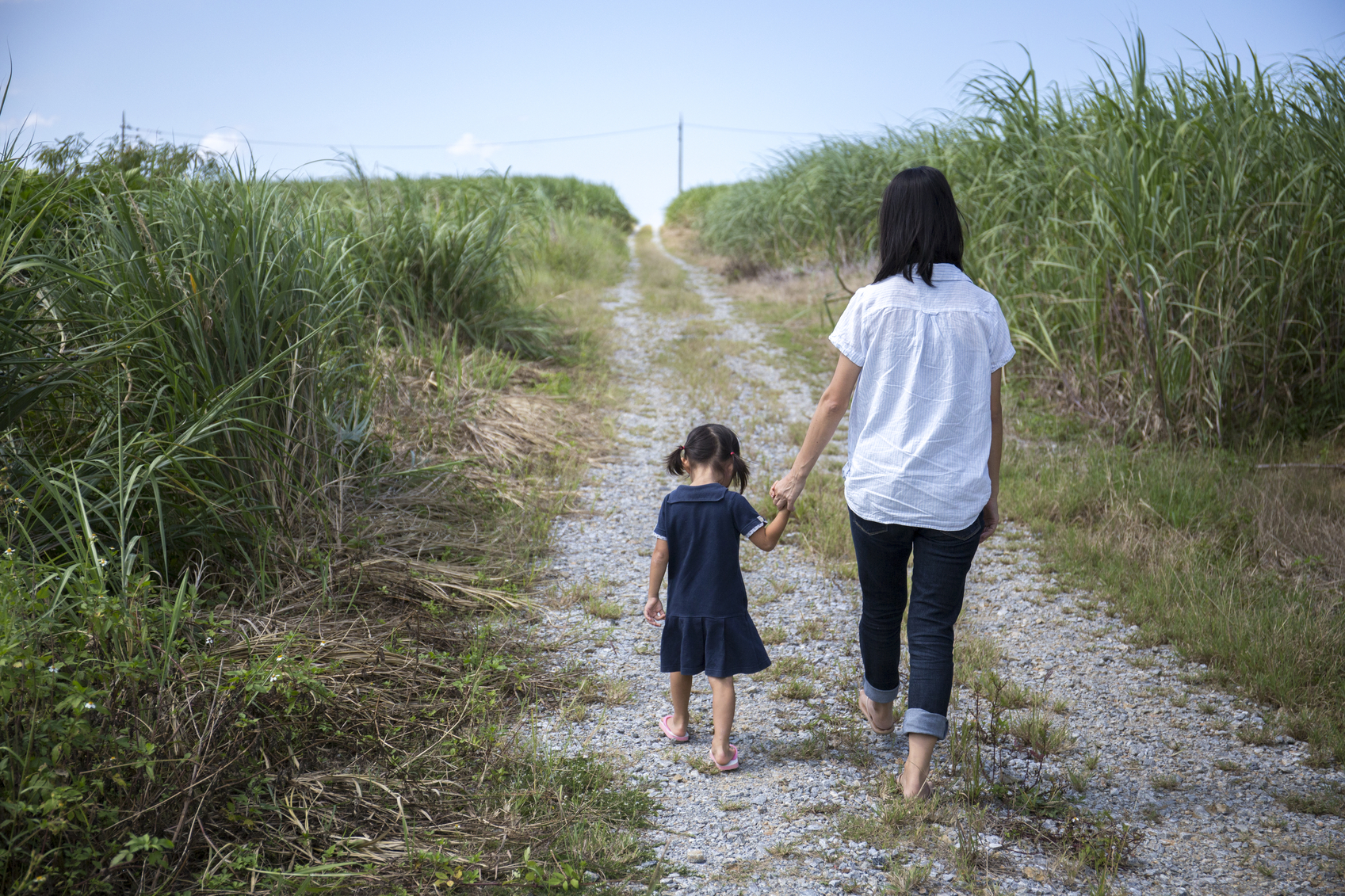
One of the most confusing words in the Japanese language for foreigners is, by all means, the word okaasan (mother). Everyone seems to be an okaasan here, whether it’s your own mother, your friend’s mother, your wife, or the mother of your kids’ classmate. With its origins of a woman with breasts, the kanji for okaasan is used (obviously) for women who have children, but it can also be used to address an adult woman who is presumably married and has a family. It’s common for husbands to call their wives okaasan or mama instead of using their name. Mama, on the other hand, is also commonly used to address female owners of bars or karaoke diners (“Mama-san”).
Interested in learning more about the cultural and linguistic aspects of certain Japanese words? Leave us a question in the comments below!

GAIJINPOT STUDENT PLACEMENT PROGRAM
Immerse yourself in the language and culture of Japan by studying at a Japanese language school.















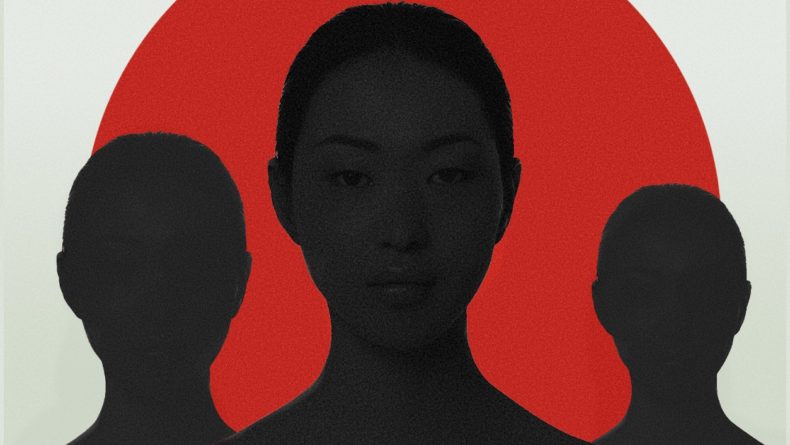
Leave a Reply